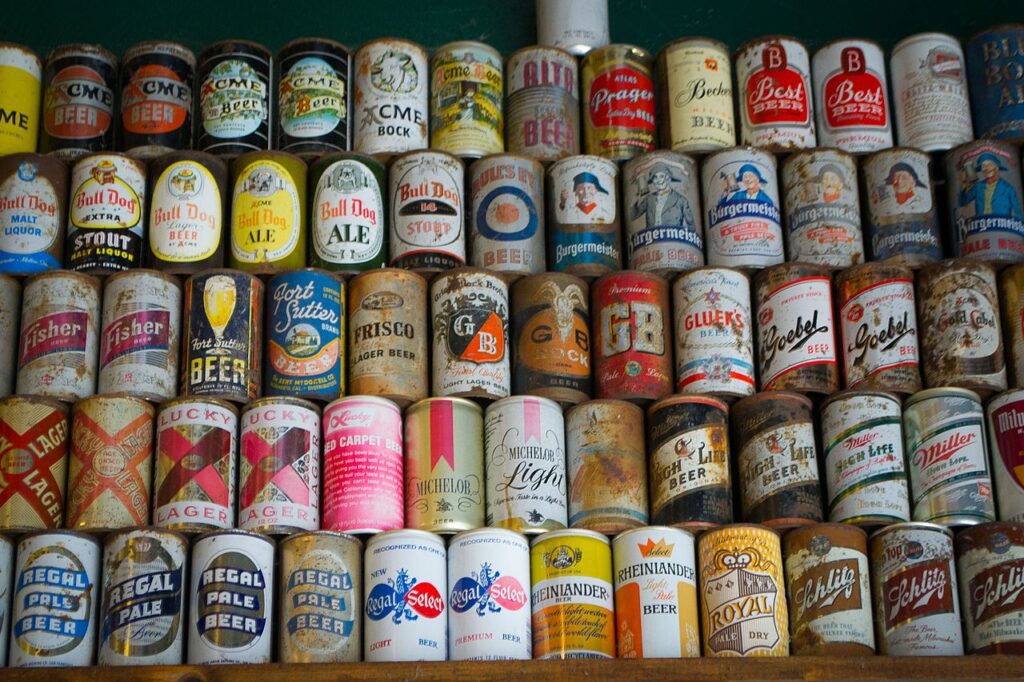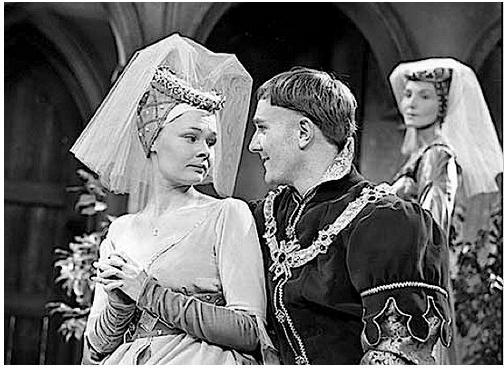Graduation speeches customarily supply profound words and lofty exhortations; yet one of the best I’ve ever heard of gave a simple and homely piece of advice. It was this: have a hobby.
Life is difficult, the speaker said. You have ups and downs, get worried and hurried, stressed out and hemmed in. You need something to get you by. Something which, for a little while, helps you forget everything that you can’t seem to forget. Something you take seriously that really isn’t serious. So, get a hobby.
What’s a hobby? Something you enjoy but is unconnected with the rest of your life. It requires effort and attention but not an inordinate amount of money. It takes time but not too much; and if you can’t get to it for a while, it doesn’t matter. You may, probably will, learn something from it, but that’s not the point. You don’t use the word “should” with it.
When I was ten years old, my grandfather died and I was given his stamp collection. Do you remember stamps? I mean real stamps? Not today’s bland “forever” stamps that look like a second-rate screensaver. I mean stamps that had pictures of real people and real places and real events; that came from different parts of the world with different languages on them. Stamps that were big and small and in between; that were red, blue, orange, purple, and green. Stamps of different amounts in different currencies. Stamps that told a story. Without intending it, I learned history, geography, literature, and civics. I learned who Emily Dickinson was, where Indonesia was, and when the Battle of Okinawa was fought. But most of all, I had fun.

As a teenager, I joined a friend in collecting beer cans. For someone who—at the time—didn’t touch the stuff, I had a bedroom wall that looked like a frat house cellar. We tried to outdo each other, sifting garbage cans of local bars like miners in a mountain stream looking for gold nuggets. I was top dog for a while when my brother returned from Munich and, at my request, brought home three different cans of German beer.
Early in our marriage, my wife and I took ballroom dance classes. It was one of the best things we could have done. Many evenings we felt too tired to go, but we went and always returned laughing and refreshed. It was romantic, civilized, and, yes, fun. (By the way, St. John the Beloved Parish offers Swing Dance classes for high-schoolers. Check it out.)
A few Septemebrs ago, I asked a seventh grader what he had been doing during the summer. “Oh, not much,” he replied. “Mostly antiquing.” I could not but inquire further. He said that he and some friends would, once a week or so, get a mom to drive them to one of those antique stores sprouting along the highways of Virginia and Maryland where they would spend hours rummaging the place. True to the nature of Heights boys, their particular interest was old guns. I asked him to bring in some, and in a few days he returned with a revolver, a deringer, and a musket loader. I don’t know what view the local authorities would have taken of the matter, but I was impressed.
Hobbies often find you. My wife suffers from tinnitus and, following advice from a support group, started doing jigsaw puzzles. The prolonged concentration these require (and when you have to assemble an Irish landscape cut into a thousand pieces, believe me, it requires much concentration) drives the ringing from her thoughts and gets her through debilitating bouts. Robert Hardy, the celebrated English actor, played the title role in Shakespeare’s Henry V early in his career and became fascinated with the longbow. He became a renowned expert on it, writing two books and presenting a documentary on the Battle of Agincourt. Winston Churchill, who went through periods of deep depression, was introduced to painting in 1915 when his political career was on the rocks after the Gallipoli campaign. He said working with the bright colors of landscapes lifted his spirits.

Hobbies are natural “safe spaces.” The shared interest provides a non-confrontational way to meet and perhaps develop friendships with people apart from your usual social, political, or religious associations. Children, especially boys, are notorious for opening up more when something else is going on, and time spent hunting, fishing, or cooking together provides those opportunities.
Hobbies not only get our conscious minds off the problems we have, but allow our unconscious minds to work on them. Many times my mind has been awhirl with thoughts of school, the bills, health problems, etc. What to do about all of them? But when I’ve shoved them aside to tend the garden or do some baking for an hour or so, solutions have popped up out of the blue.
The Heights provides plenty of opportunities for these. There is a Robotics Club, a LEGO Club, a Skate Club, and many other “official” clubs. (If you are interested, just check the website under “Student Life.”) There are unofficial clubs. Each October, Larry Kilmer starts his well-known “Card Club” which meets in the classroom next to my office. It’s supposed to last an hour, but the boys often stay longer, bartering Dan Marinos for Tony Olivas or John Havliceks for Wayne Gretzkys. The encyclopedic sports knowledge of the aforesaid Kilmer adds to this as he recounts of seeing Kirk Gibson hit that epic home run in Game One of the 1988 World Series or witnessing Tom Brady start his road to being the GOAT with the famous (infamous?) “Tuck Rule” play against the Oakland Raiders in the 2001 AFC Divisional playoffs. I’ve seen other boys gathered in fervent and improbable associations over chess, card games, books, pens, movies, insects, and you name it.
On the sixth grade camping trip, many boys bring fishing rods and spend hours together in unlikely groups trolling the ponds. This past year, Pat Love gave an impromptu clinic on fly-fishing for the boys and then a tutorial in Natural History as he cut open a catfish to show a wide-eyed audience what the creature had been eating for the last twenty-four hours.
Now, I have to put in a caution. I don’t consider video games a hobby. A hobby connects you to something real, something tangible. They foster silence, concentration, and relationships with real people. All the evidence points to video games as weakening these benefits.
When young, boys drift naturally to what interests them, and parents should encourage this no matter how esoteric or “unscholarly” it may seem. Rocks, bugs, model airplanes (or beer cans); it doesn’t matter. These interests often last far beyond our enthusiasm—or capability—for the more celebrated activities such as sports. If “all” it does for the boy is get him out of himself for a while, giving him something to turn to when he needs to relax, then he has found something worthwhile.
Parents, too, need hobbies so children can see their parents enjoying something. If they only see their parents worrying, fretting, and obsessing, well, then, who wants to grow up? It is this quality of enjoyment that is the heart of a hobby. As Chesterton said, “It is vain to learn to enjoy sport or enjoy art, or to enjoy festivity, if we have not learned the fundamental function: how to enjoy enjoyment.”
If you don’t have a hobby, find one. Encourage your children to find one, too. We need to enjoy life once in a while.

